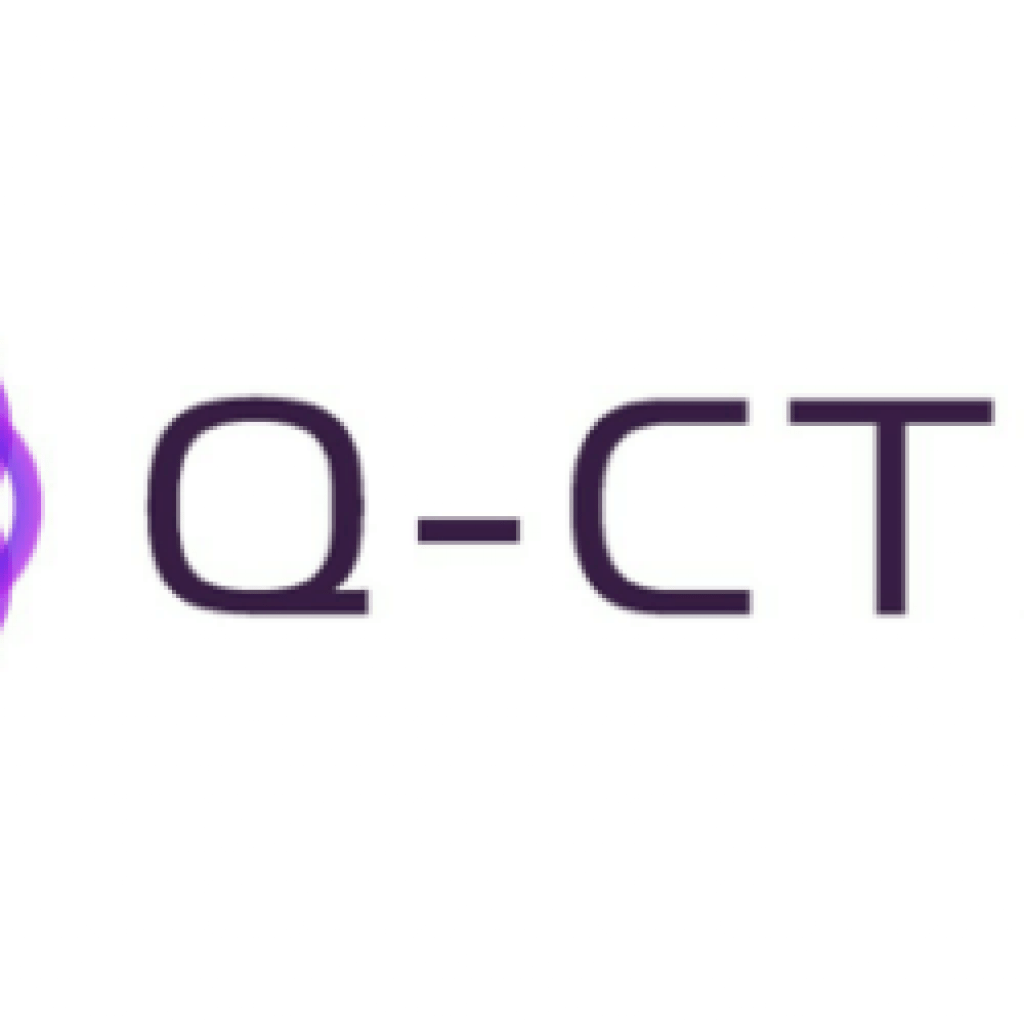What does “battlefield advantage” mean in the age of quantum technologies? Hint: It’s not about whose infantry gets to the top of the hill first.
Emerging technologies like quantum sensing can be used in a range of surveillance and reconnaissance applications to detect hidden weapons systems, submarines or hardened underground structures, according to Michael Biercuk, founder and CEO of Q-CTRL, a company that already is involved in enabling such use cases. With these applications and others evolving, it’s no surprise that aerospace and defense investor Airbus Ventures led a $25 million funding round for Q-CTRL announced Tuesday.
“Quantum technology is shifting the strategic landscape in defense and aerospace right now,” Biercuk told IQT News via email. “This sector requires advanced computing and surveillance technologies to maintain battlefield superiority. Quantum technology can deliver a strategic edge to every aspect of modern aerospace, now and into the future.”
He added, “Quantum sensing is emerging as a critical technology for surveillance and reconnaissance; with quantum sensors you can navigate without GPS, detect underground hardened structures, submarines, or hidden weapons systems, and survey the entire earth. Q-CTRL is active across all of these applications, delivering new foundational capabilities and data streams to help you turn quantum sensors into battlefield advantage.”
More broadly, quantum computing, which Q-CTRL’s quantum control technologies also support, enable other defense applications, including “the power to solve critical materials-science problems, or unlock the key to ultra-high-performance aviation fuels,” Biercuk said, adding, “But even solving much more mundane challenges like the last-mile logistics problem can deliver huge tactical advantages for defense.”
He noted that Q-CTRL was selected in the 2021 Army Quantum Technology Challenge for its work using quantum computing for battlefield logistics optimization. Among other projects, Q-CTRL also is working on space-qualified quantum sensors via the Moon-to-Mars supply chain capability program and through the Seven Sisters Consortium led by Fleet Space. It also is working on quantum sensing as an alternative to GPS for navigation through a partnership with Advanced Navigation. In addition, the company’s clients include the Australian Department of Defence, the Air Force Research Lab, and the Australian Space Agency, among other commercial and government groups.
Q-CTRL said the Series B funding round, which was led by Airbus Ventures and included new investor Ridgeline Partners, will help Q-CTRL in its efforts to “realize new data-as-a-service markets powered by quantum sensing for acceleration, gravity, and magnetic fields.”
Q-CTRL has been in the news quite a bit lately, having rolled out an interesting Black Friday promotion for its new Black Opal quantum training platform. Also, the company was just announced as a tenant of Sydney, Australia’s new quantum terminal precinct.
